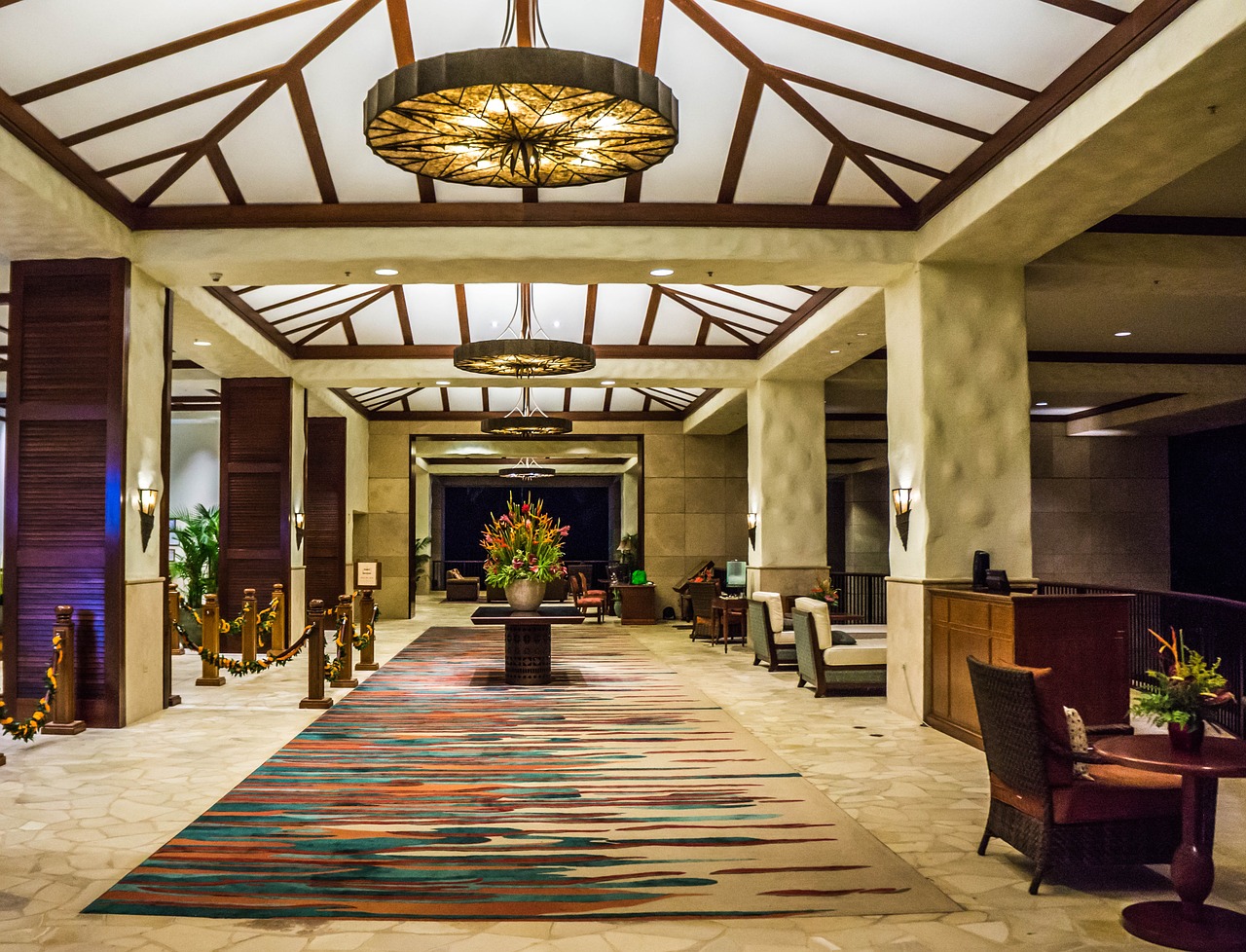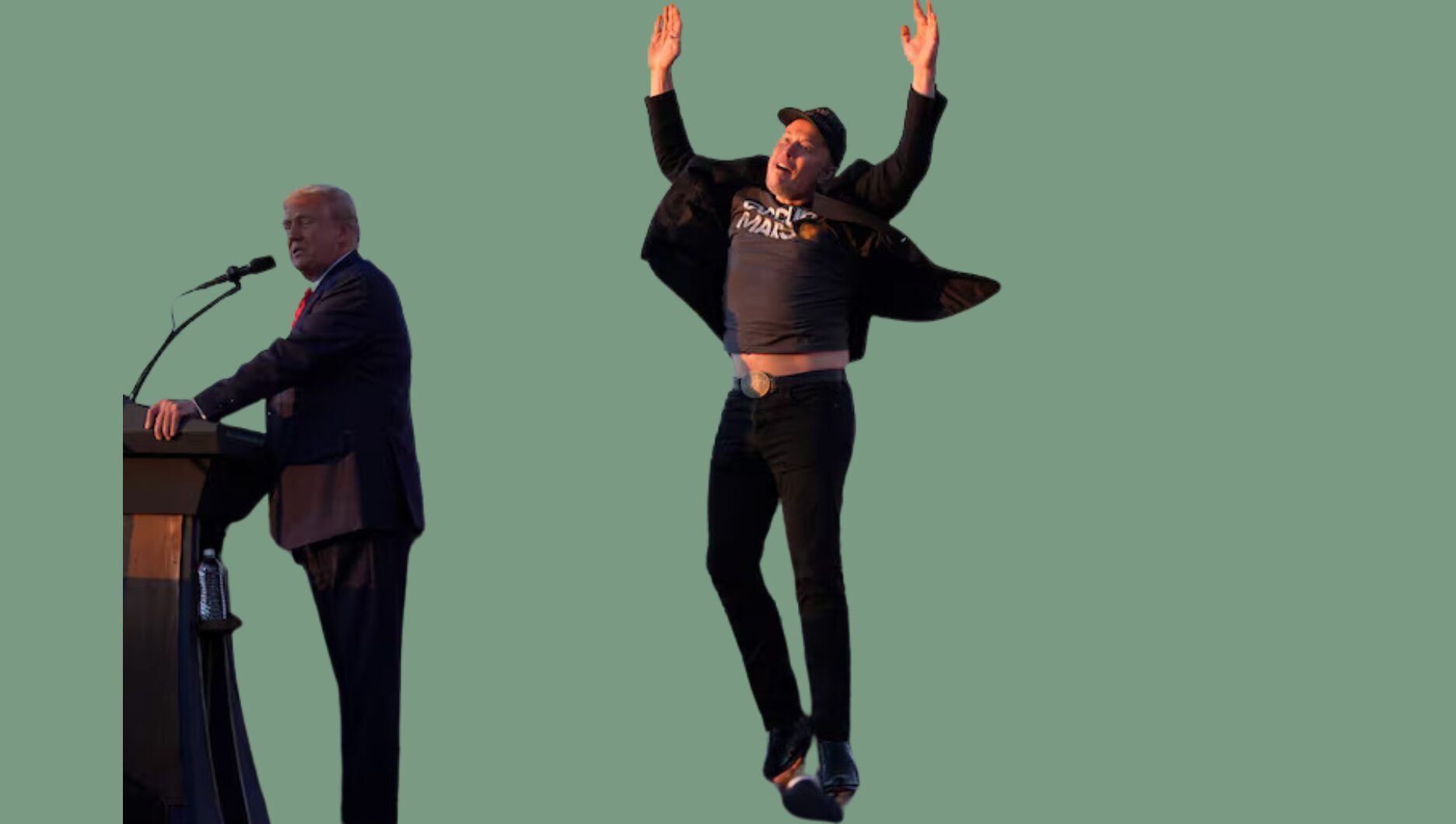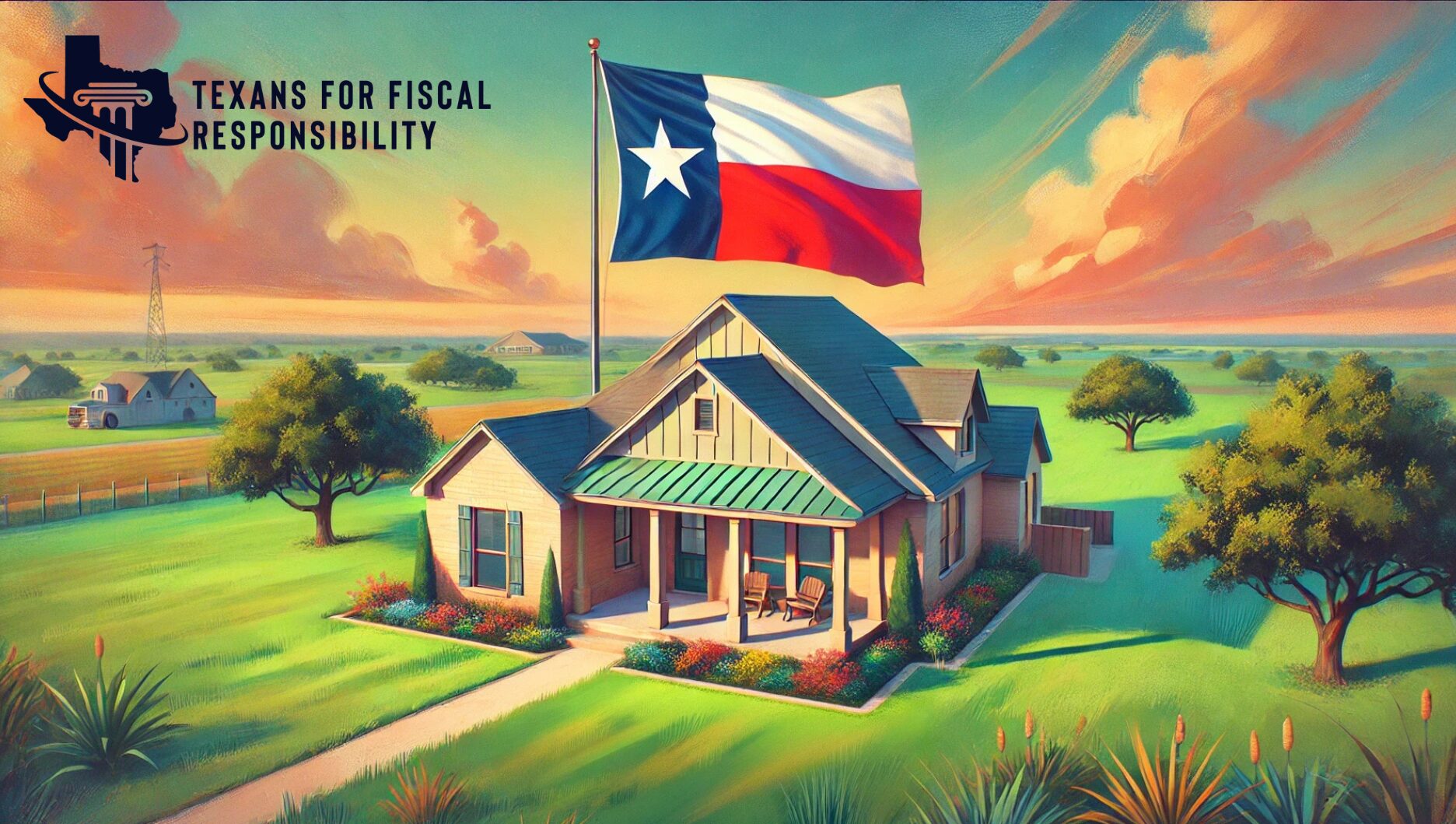
A lesser-known handout from taxpayers to private entities are local Hotel Occupancy Taxes, which are collected and allocated for the promotion of “tourism and the convention and hotel industry.” Cities may levy up to a seven percent tax on hotel bills, but not exceeding 15% in combination with state and county HOT rates, with the revenue required by law to be applied to a range of areas from facilities construction to promotion of the arts.
Often held out as a “tourist tax,” the reality is that while some localities may see most of their HOT tax paid by out-of-state tourists, most Texas towns that aren’t tourist destinations see the burden fall disproportionately on in-state visitors and small Texas businesses seeking to expand their markets.
An unintended consequence of the HOT is its deterrent effect on visitor spending at local businesses. Studies have shown that: (A) as many as 95% of respondents identify price as a key consideration when booking accommodations, and (B) half of travelers altered their plans on account of high travel taxes, all of which indicate cutbacks on trips and other leisure activities.
While the Hotel Occupancy Tax remains an available stream of revenue for private developers, Texans can expect spending controversies and scandals to arise. Take Irving, for example, where an investigative report by ABC journalist Brett Shipp revealed the city squandered $23 million in a HOT-recipient project for expenses like limousine service, trips to luxury hotels in New York, alcohol, and other entertainment handed out to consultants.
In a transparent display and desperate grab for more hard-earned taxpayer dollars, the Texas Municipal League recently included applying hotel occupancy taxes to RV park stays in their legislative priorities, further indicating the scope-creep inherent in this and similar programs.
In the wake of the economic devastation brought by Chinese Coronavirus pandemic and the government-ordered shutdowns that followed, Texas lawmakers should work to lift the heavy burden imposed by hotel taxes on Texas travelers and towns.




